Category: Ballot measures
-
Measure to create paid family and medical leave program in Colorado to appear on November ballot

An initiative to create a paid family and medical leave program in Colorado was certified for the ballot on August 25, 2020. The initiative is the 10th measure to be certified for the November ballot in Colorado. The initiative would allow for 12 weeks of paid family and medical leave and would allow for an…
-
Colorado ballot initiative to require voter approval of certain new state enterprises qualifies for November ballot
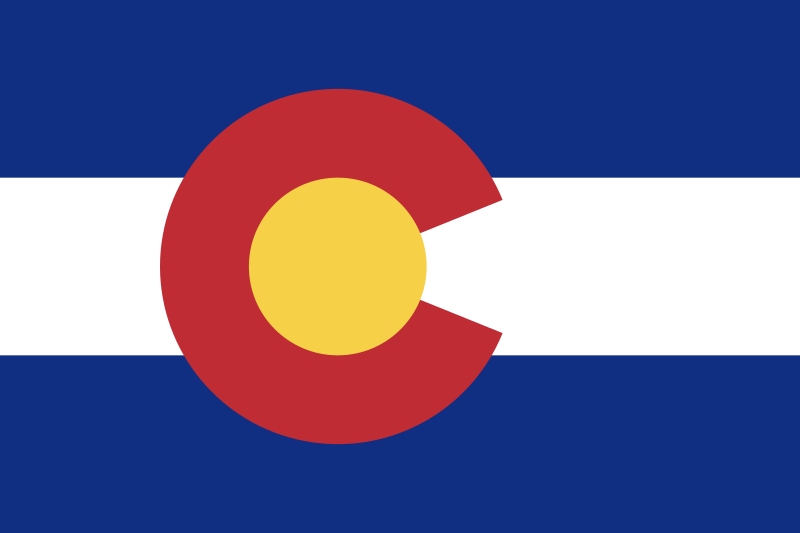
In November, Coloradans will vote on whether or not to require statewide voter approval of new state enterprises if the enterprise’s projected or actual revenue from fees and surcharges is greater than $100 million within its first five years. To qualify for the ballot, proponents needed to submit 124,632 valid signatures. Of the 196,090 signatures submitted by…
-
Measure to change elections and redistricting procedures in North Dakota blocked from November ballot

A citizen-initiated constitutional amendment that was designed to make changes to elections and redistricting procedures in North Dakota was removed from the 2020 ballot by the North Dakota Supreme Court on August 25. The measure was certified for the ballot by Secretary of State Al Jaeger on August 11 after his office found that proponents…
-
Ranked-choice voting and redistricting commission initiatives provisionally certified for Arkansas ballot
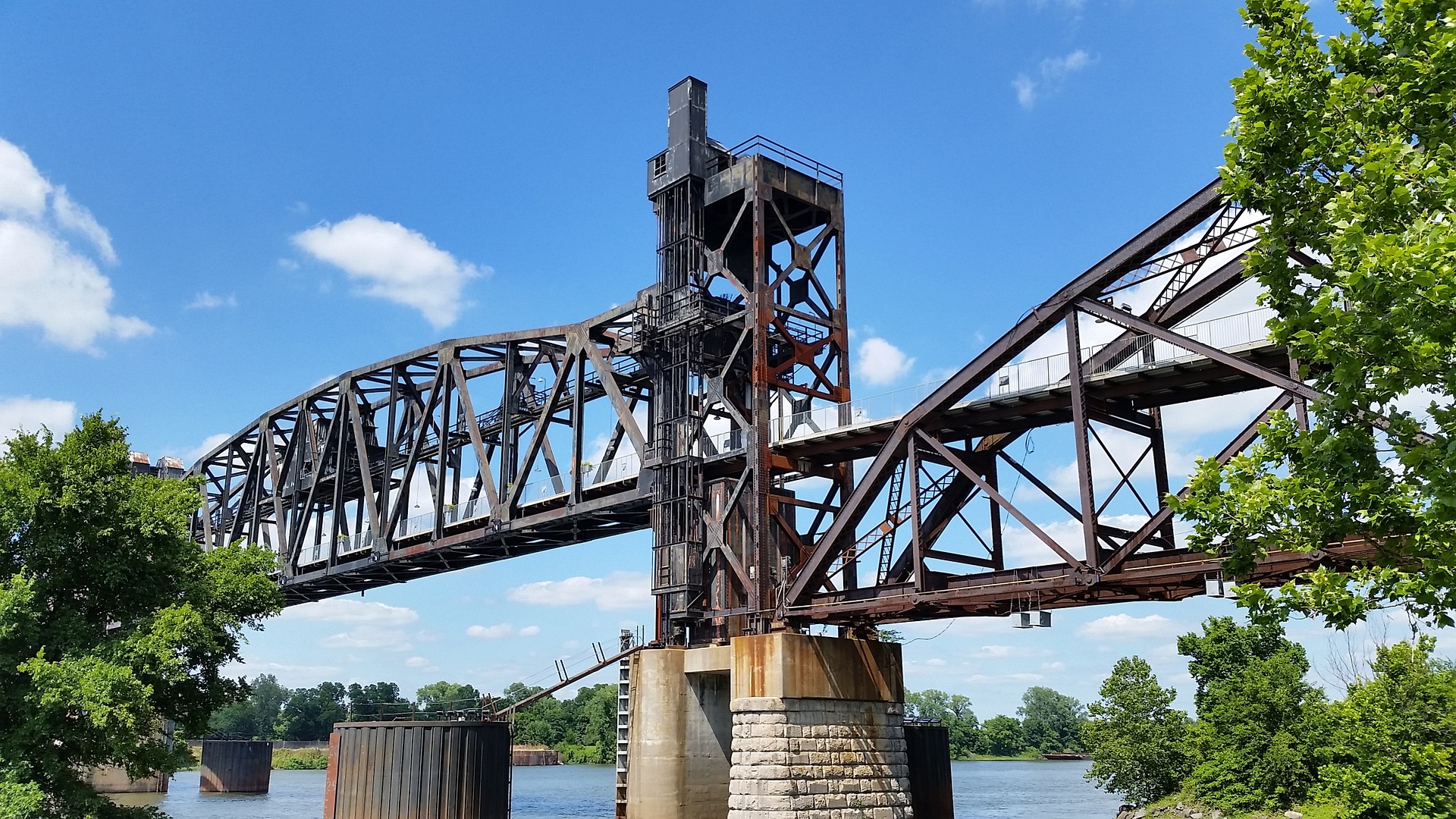
Two Arkansas citizen-initiated measures—one that would establish ranked-choice voting and another that would establish a redistricting commission—were provisionally certified for the ballot on August 21, 2020. Whether or not votes will be counted for the measures is a question pending before the Arkansas Supreme Court. Sponsored by Open Primaries Arkansas, the ranked-choice voting measure would…
-
Ballotpedia tracking 18 local police-related ballot measures in six states
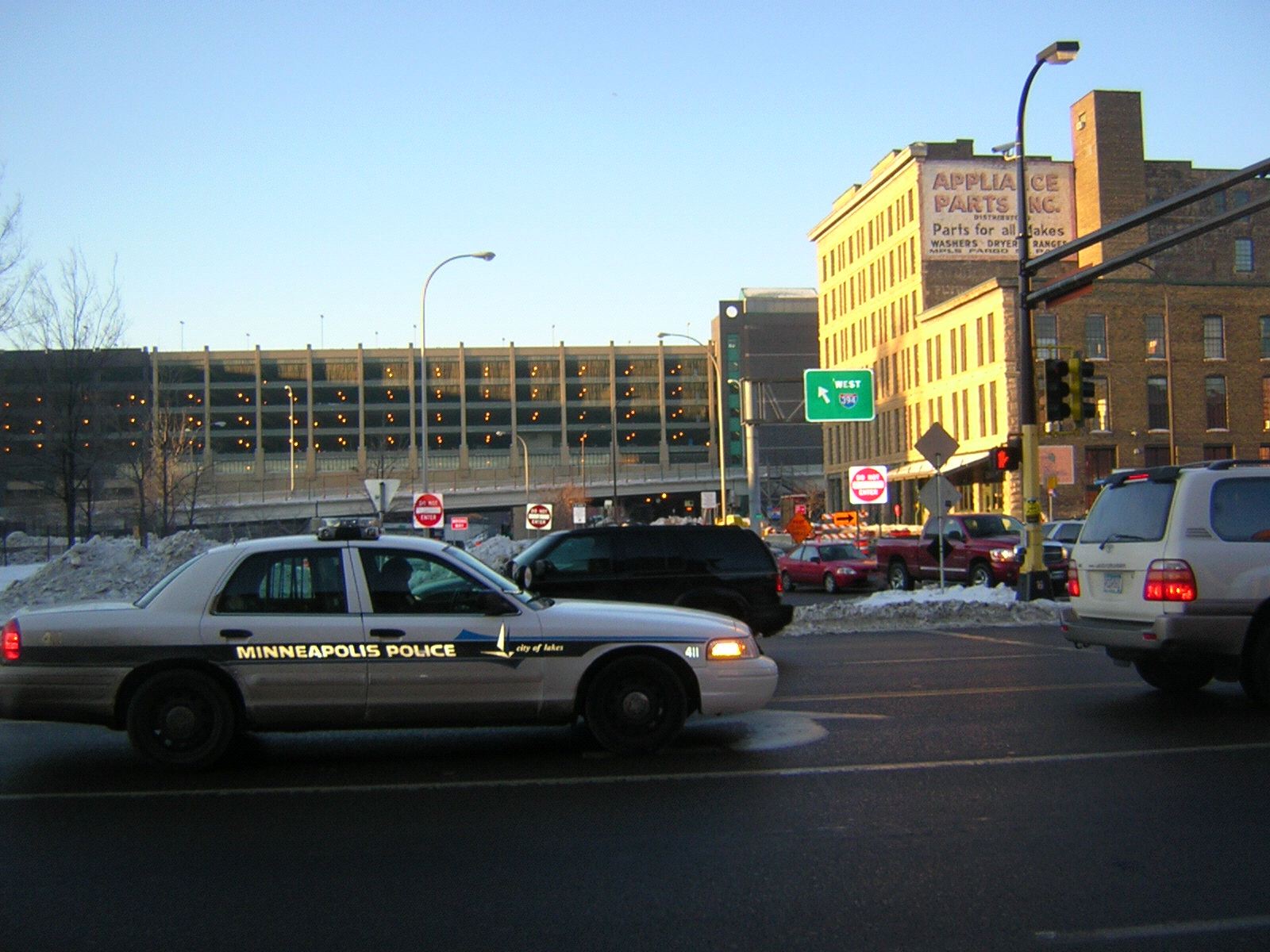
As of August 21, Ballotpedia is tracking 18 local police-related ballot measures in 13 jurisdictions in six states. These local ballot measures were proposed in the wake of the killing of George Floyd on May 25, 2020. Seven of the 18 measures are on the ballot in California and four are on the ballot in…
-
Missouri judge rewrites ballot title for Amendment 3 that would repeal 2018 redistricting amendment
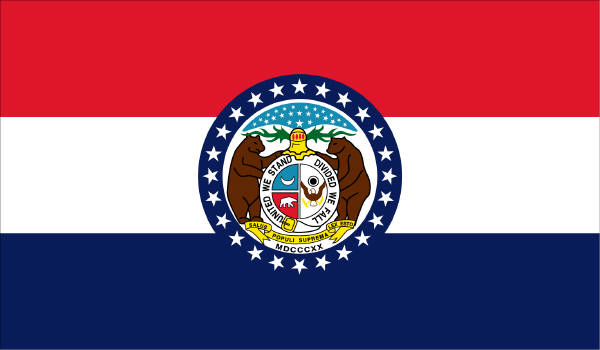
On August 17, 2020, Cole County Circuit Court Judge Patricia S. Joyce ruled against the ballot title drafted by the Missouri General Assembly for Amendment 3, the Redistricting Process and Criteria, Lobbying, and Campaign Finance Amendment. The lawsuit against the ballot title was filed by petition circulators for Clean Missouri, the campaign that sponsored Missouri…
-
Initiative to decrease state income tax becomes 8th measure on Colorado ballot

Initiative #306 was certified for the ballot on August 17, 2020. The Colorado Secretary of State’s office found that, of the 198,538 signatures that were submitted, 140,058 were projected to be valid. To qualify for the ballot, 124,632 valid signatures were required. The initiative would decrease the state income tax rate for individuals, estates, and…
-
Maine Supreme Court: Ballot measure violates boundaries of legislative power

On August 13, 2020, the Maine Supreme Court ruled in Avangrid Networks, Inc. v. Secretary of State that a ballot referendum scheduled to appear on the November 2020 ballot was an unconstitutional violation of state separation of powers principles. The judges held that the referendum did not meet the requirements of the state constitution for inclusion…
-
Maine Supreme Judicial Court rules that ballot initiative to reverse certification for transnational transmission line project is unconstitutional
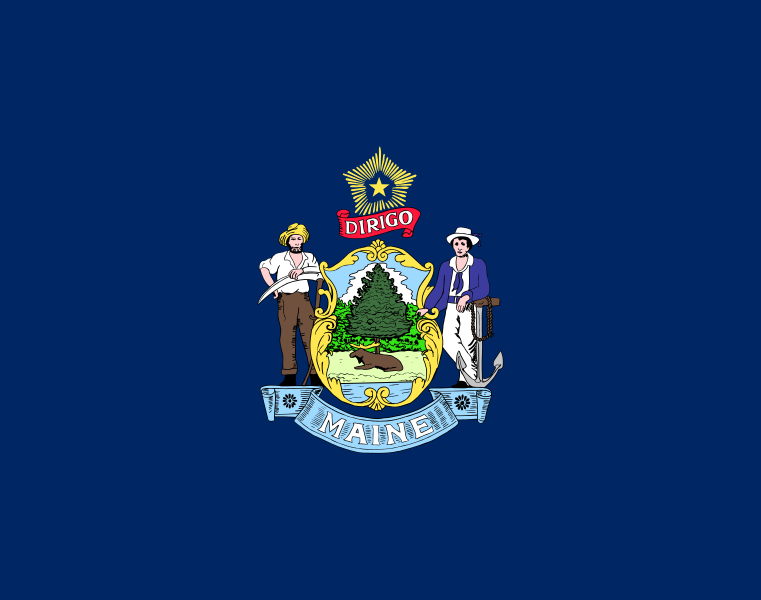
On August 13, the Maine Supreme Court blocked from the ballot a citizen initiative designed to reverse a certificate required for a transnational transmission line project. The court ruled that the measure violated the “procedural prerequisites for a direct initiative” found in the Maine Constitution. According to the Supreme Judicial Court, the Maine Constitution “requires…
-
Montana voters to decide a pair of ballot initiatives that would legalize marijuana in November

Montana voters will decide an initiated constitutional amendment, CI-118, and an initiated state statute, I-190, that, together, would legalize marijuana in the state. CI-118 would amend the state constitution to allow for the legislature or a citizen initiative to establish minimum legal ages for the possession, use, and purchase of marijuana. I-190 would legalize the…

